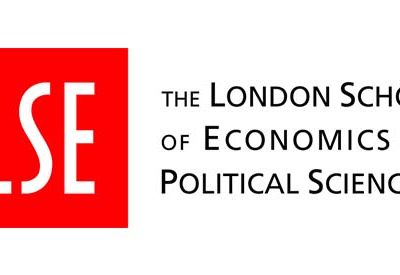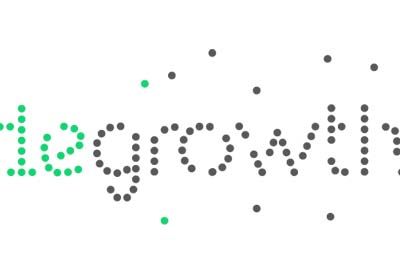sustainablehedonism

Happiness matters. The quest for happiness is an elementary life force and an inherent part of steady state economies. Many fear that reducing material consumption will bring a decline in happiness. We do not like to lose what we already have. Recession and income loss tend to hurt.
From a historical perspective, we should be living in the happiest of all worlds. Ours is a culture ostensibly centered around happiness: The mainstream neoclassical economic system aims to maximize pleasure (utility) for all, and is based on the assumption that we humans seek the greatest pleasure and the least pain, and that this quest is the main driver of our actions.
Orsolya Lelkes introduces her book, Sustainable Hedonism: A Thriving Life That Does Not Cost the Earth, which explores a vision of the good life that is both enjoyable and at the same time does not harm others and the planet.
Humanity does not live in a socially just and environmentally safe space: there is no country where basic social safety is achieved and where the use of resources remains under the ecological ceiling if we also take into consideration activities it has outsourced to other countries. We need to converge into a fair consumption space, which implies more
The notion of sustainable hedonism appears at first to be a provocation. Is it a paradox? Is it just more greenwashing nonsense? It is meant to puzzle, to perplex, and to propel. Sustainable Hedonism: A Thriving Life that Does Not Cost the Earth is a call to reflect on our beliefs and actions related to pleasure, joy and ecological sustainability.
The COVID-19 pandemic has brought a sense of loss of control, and for many people it has been a painful experience. Our routines, lifestyle choices and all that we have so far taken for granted have suddenly been shattered and questioned. The world around us has shrunk, and existing structures have crumbled. Can it become a chance for a conscious readjustment of our lives?








